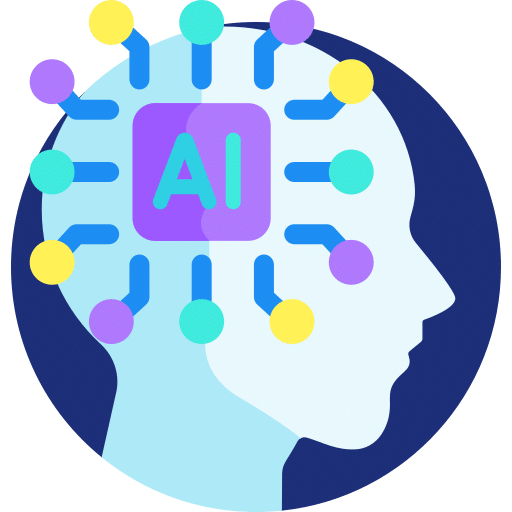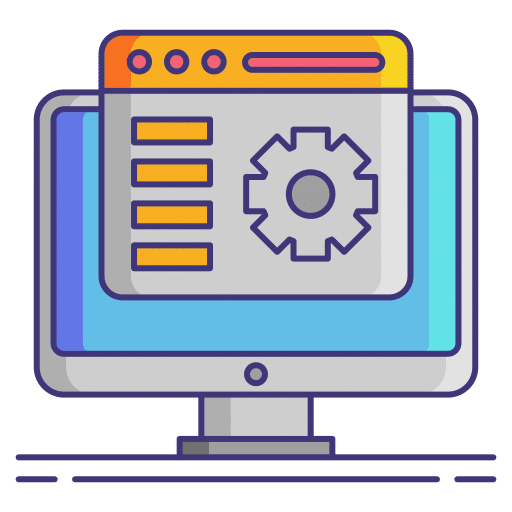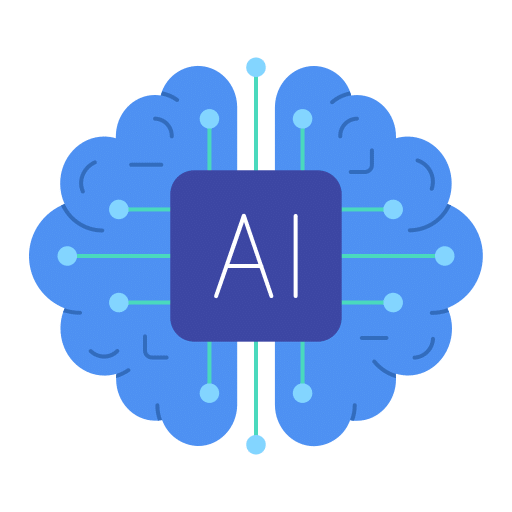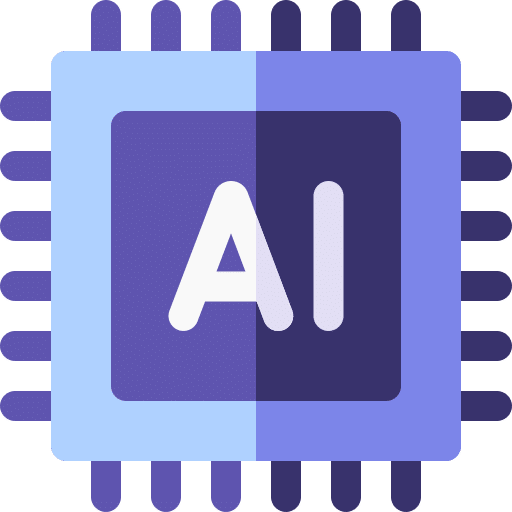RPA
Robotic Process Automation
Boosted productivity
68% of global workers believe automation will make them more productive.
Improved compliance
92% agree RPA has ‘met or exceeded expectations’ for better compliance.
More value from personnel
.60% of executives agree RPA enables people to focus on more strategic work.
What is robotic process automation?
Robotic process automation (RPA) is a software technology that makes it easy to build, deploy, and manage software robots that emulate humans actions interacting with digital systems and software. Just like people, software robots can do things like understand what’s on a screen, complete the right keystrokes, navigate systems, identify and extract data, and perform a wide range of defined actions. But software robots can do it faster and more consistently than people, without the need to get up and stretch or take a coffee break.
What are the business benefits of RPA?
Robotic Process Automation (RPA) revolutionizes workflows by automating tasks, boosting profitability, and enhancing employee satisfaction. Its noninvasive nature and rapid deployment make it ideal for driving digital transformation, especially for automating legacy systems without APIs or VDIs.
RPA accelerates efficiency, innovation, and growth while empowering employees to focus on strategic activities.

Accelerated transformation
Among global executives, 63% say RPA is a major component in digital transformation.

Higher accuracy
57% say RPA reduces manual errors.

Major cost savings
RPA drives rapid, significant improvement to business metrics across industries and around the world.

Greater resilience
RPA robots can ramp up quickly to match workload peaks and respond to big demand spikes.

Happier employees
57% of executives say RPA increases employee engagement.

Boosted productivity
68% of global workers believe automation will make them more productive.
